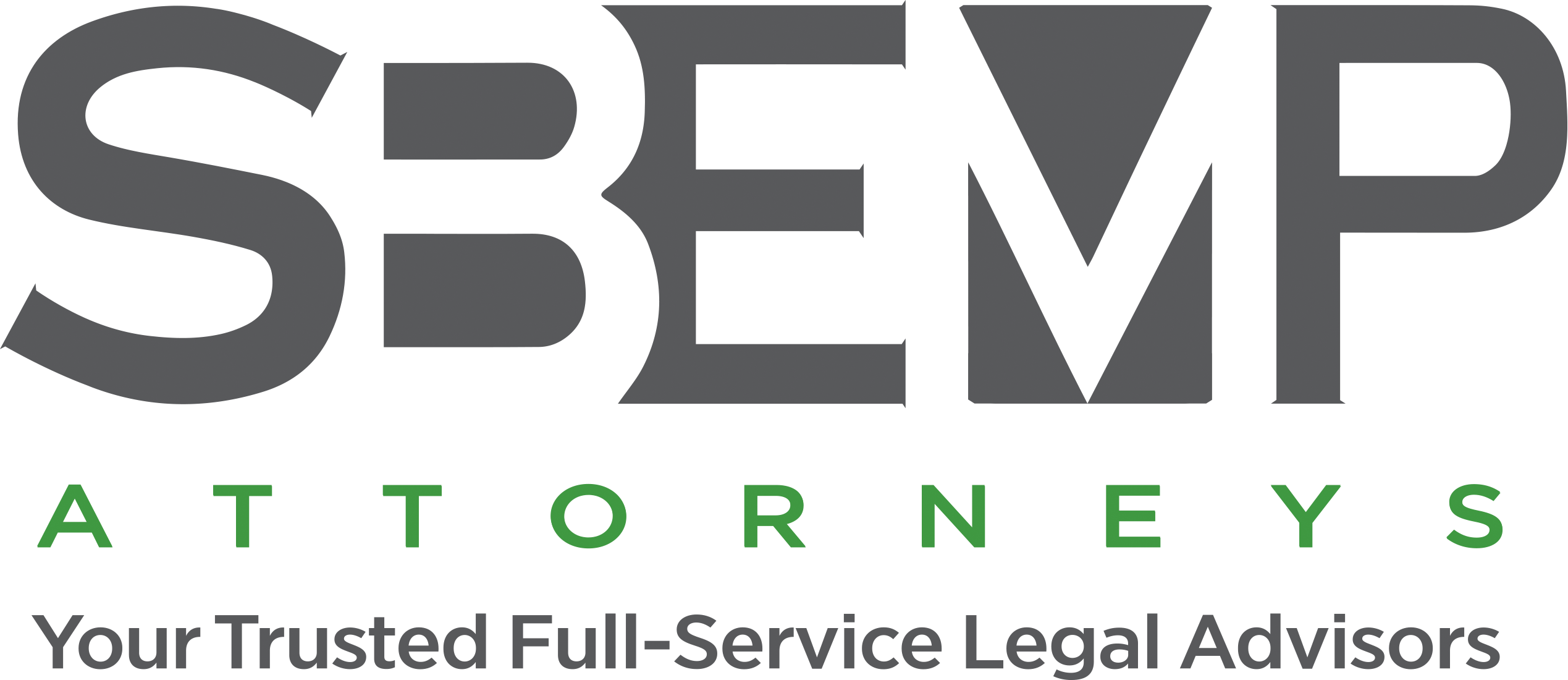Lender liability is due to the lender’s conduct. Normally, this comes up after some breach of a common law or requirement, or a violation, regardless of intent, of statutory obligations.
Because of these conditions, liability happens when:
- A lender decides to take on an excessive amount of control over the borrowing party’s affairs, and pursues imbalanced or fraudulent actions against the borrower and/or other parties related to the borrower
- Acts outside of acceptable behavior, as dictated by federal and state law
In such circumstance, the lender may wind up owing the borrowing or third parties for damages and penalties, and possibly having its claims terminated.
Common Law and Lenders
The impetus of common law duties for a lender to its borrowers and third parties mainly comes from its degree of control over the borrower. Although the degree of leverage that a lender usually has, with respect to loans, might be considered a starting point for claiming lender liability. These are especially true about default or restructure scenarios, as well as loan documentation. However, the leverage does not, itself, equate to control.
Control of Lenders within Reasonable Bounds
As of late, courts have been able to exonerate lenders that have acted strictly within the bounds of their agreements with borrowers, as long as the lender’s control has been within reasonable bounds. The lender’s actions, when examined against the agreement’s provisions and remedies, rather than their mere presence, could be the determining factor for the court to deem the lender to be liable.
It is because of these factors that both borrowers and lenders alike should consider the facts and situations of any given case. This can result in a string of challenging judgments in order to equalize a lender’s interest in reclaiming its loan against the lender’s declaration of its contractual requirements.
Contact Our Palm Springs Banking Practice Law Firm to Consult About Your Case
If you are a lender and feel that someone is dragging their feet on repayment, or you’ve taken on a loan and you feel that the lender is acting outside of the contract you both agreed upon, consider the attorneys at our Palm Springs banking practice law firm. Contact our law firm at 760-322-2275 for a consultation.


